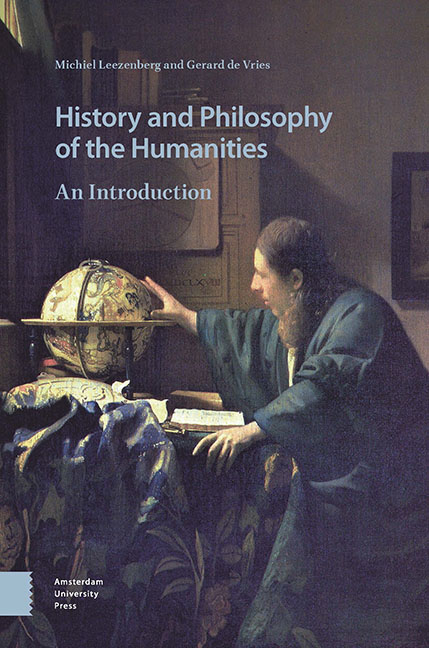9 - Positivism and Structuralism
Summary
Introduction
Positivism and structuralism are in many respects the direct opposite of the interpretative or hermeneutic approaches discussed in chapter 7, and they also reject the teleological philosophy of consciousness that characterized some of the dialectical approaches discussed in chapter 8. Instead, they proceed from the belief that the social and human sciences should follow the same approach as the natural sciences, and that conducting serious scientific research should hence be oriented towards observations that can be publicly checked or towards the formal features of the object being investigated. In this manner, they reject the idea that ‘subjective meanings’ deserve a special place in the humanities or social sciences. Scientists who believe that understanding is a useful tool are free to utilize it, on the condition that the hypotheses they have formed formed on the basis of understanding are tested in the manner that has proved its value in the natural sciences. For this reason, the sociologist Pierre Bourdieu was to call positivist and structuralist approaches *objectivist, as distinct from the *subjectivism of interpretative methods (cf. § 10.4).
As remarked above, hermeneutic scholars do not accept this restricted and purely heuristic role for understanding. They point out that the humanities and social sciences study a reality that is already interpreted. Moreover, they see nothing enigmatic or unreliable in interpretation, as it is an activity that all humans continuously engage in, if not a central feature of the human condition. Positivists and structuralists are not impressed by such claims. They argue that important developments in the sciences have been achieved by explicitly abstracting away from everyday interpretations of phenomena, as Galileo already emphasized. Hence, the French sociologist Emile Durkheim (1858-1917) argued that scientifically controlled experience should be guiding for the social sciences rather than the concepts shaped outside of science and for needs entirely unscientific. Thus, scientists should free themselves from ‘those fallacious notions which hold sway over the mind of the ordinary person’. According to positivists, researchers in the humanities and social sciences enter an unknown world just as natural scientists do and must leave their everyday prejudices behind at the gates of science
- Type
- Chapter
- Information
- History and Philosophy of the HumanitiesAn Introduction, pp. 237 - 268Publisher: Amsterdam University PressPrint publication year: 2019



